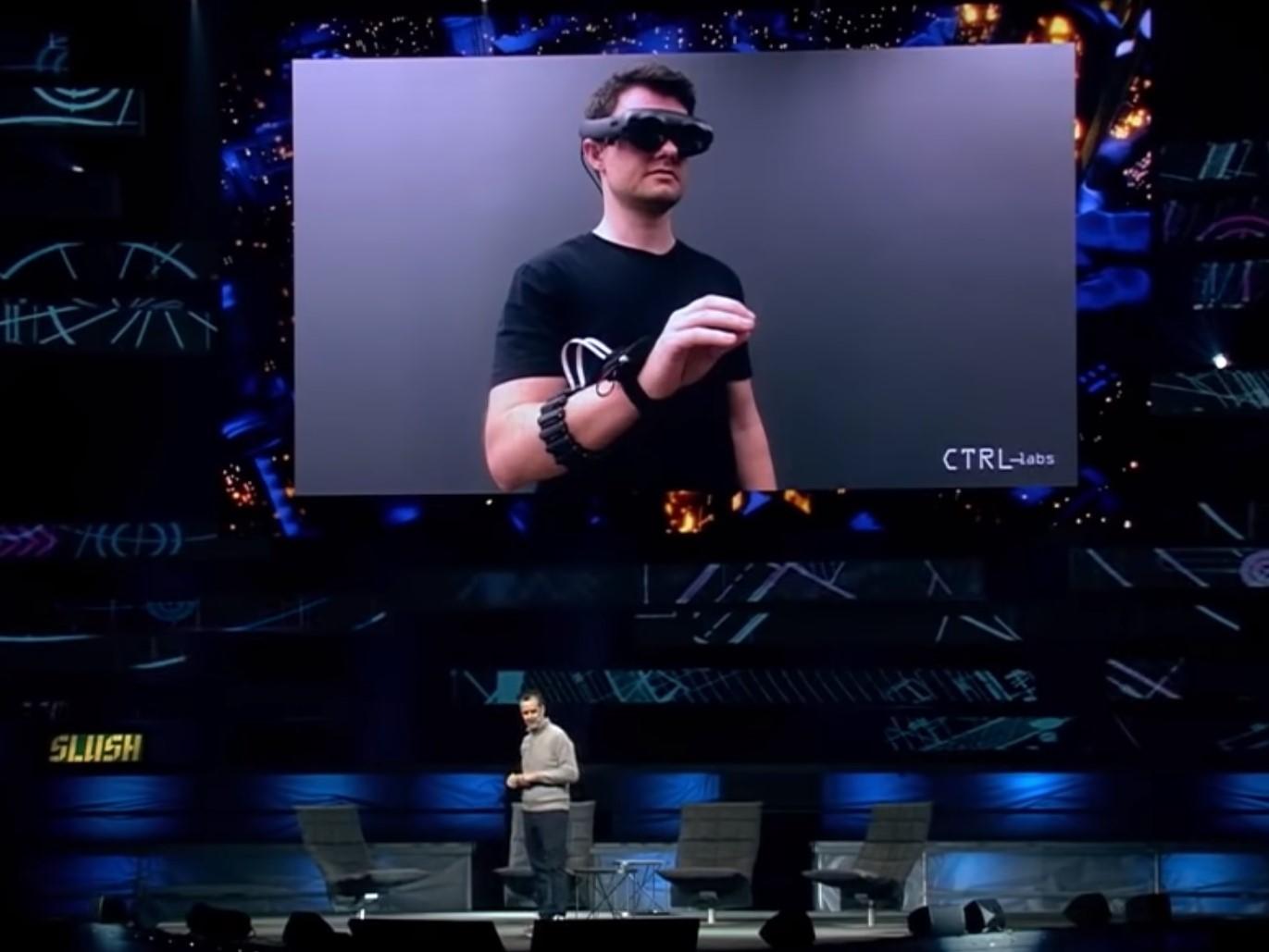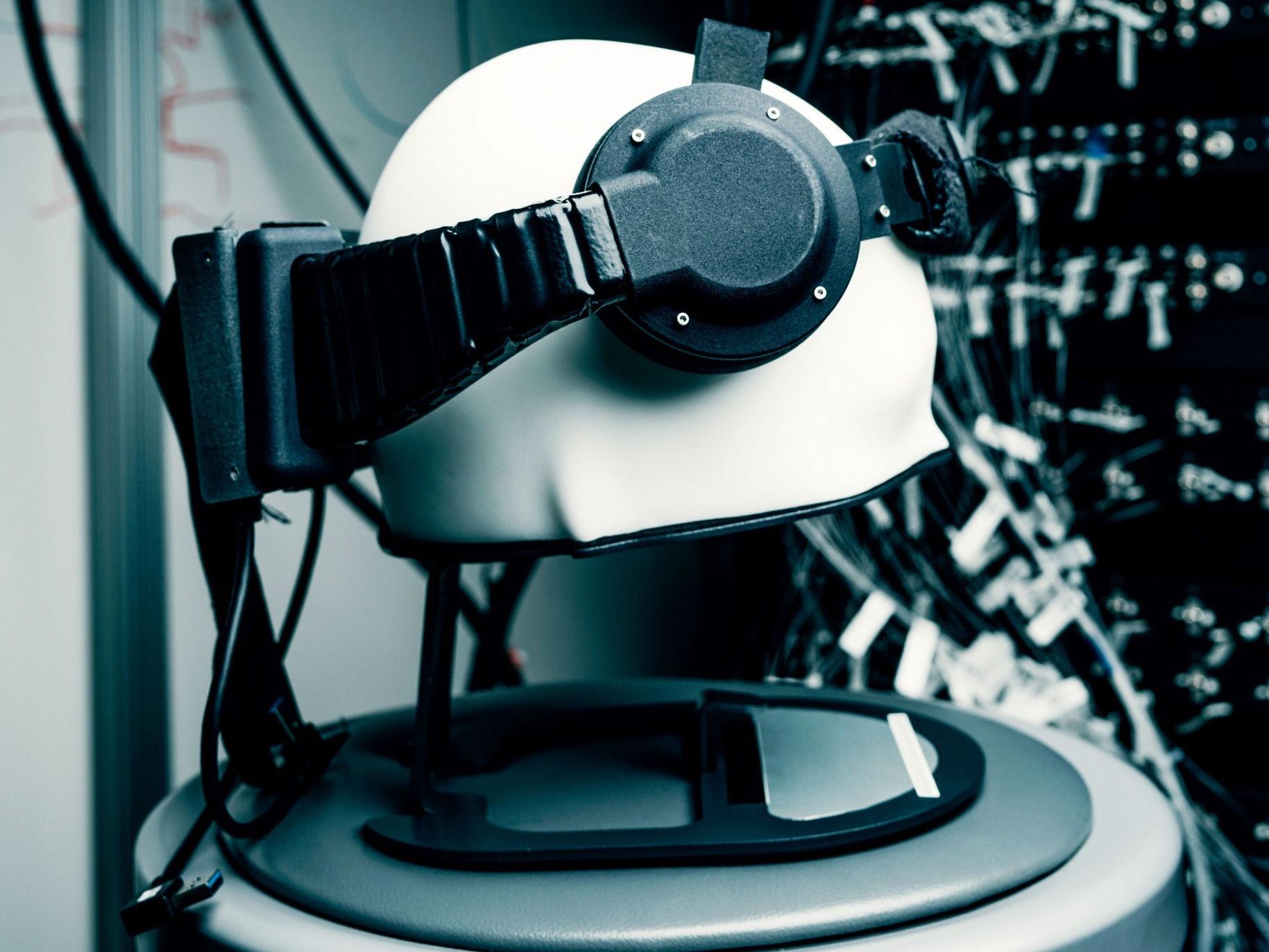Facebook buys mind-reading startup CTRL-Labs for $1bn
Tech giant says it ‘has the potential to open up new creative possibilities and reimagine 19th century inventions in a 21st century world’ – but not everyone is happy

Your support helps us to tell the story
From reproductive rights to climate change to Big Tech, The Independent is on the ground when the story is developing. Whether it's investigating the financials of Elon Musk's pro-Trump PAC or producing our latest documentary, 'The A Word', which shines a light on the American women fighting for reproductive rights, we know how important it is to parse out the facts from the messaging.
At such a critical moment in US history, we need reporters on the ground. Your donation allows us to keep sending journalists to speak to both sides of the story.
The Independent is trusted by Americans across the entire political spectrum. And unlike many other quality news outlets, we choose not to lock Americans out of our reporting and analysis with paywalls. We believe quality journalism should be available to everyone, paid for by those who can afford it.
Your support makes all the difference.Facebook has acquired neural interface startup CTRL-Labs in a deal expected to be worth around $1 billion (£800m).
The US-based startup joins Facebook Reality Labs, the social media giant’s augmented and virtual reality division, with the idea of bringing its mind-reading technology into consumer products.
It is Facebook’s biggest acquisition since it bought virtual reality startup Oculus VR in 2014 for $2bn, and reinforces Facebook’s commitment to developing hardware.
A wristband developed by CTRL-Labs may be the first product to reach consumers, with the device capable of measuring neural activity to translate gestures and motions into computer controls.
These type of brain-reading capabilities are particularly useful when inside virtual worlds, where capturing physical movement brings a new level of interaction and immersion.
Facebook’s head of AR and VR Andrew Bosworth wrote in a blogpost that he hoped CTRL-Labs technology would provide people with “more natural, intuitive ways” of interacting with devices and technology.
“The vision for this work is a wristband that lets people control their devices as a natural extension of movement,” he wrote.
“Technology like this has the potential to open up new creative possibilities and reimagine 19th century inventions in a 21st century world. This is how our interactions in VR and AR can one day look. It can change the way we connect.”
Mr Bosworth goes on to explain exactly how this technology works, stating: “You have neurons in your spinal cord that send electrical signals to your hand muscles telling them to move in specific ways such as to click a mouse or press a button.
“The wristband will decode those signals and translate them into a digital signal your device can understand, empowering you with control over your digital life.”
Following Facebook's announcement of the acquisition, CTRL-Labs shared a message across its social media platforms that it is "thrilled " to join Facebook Reality Labs, however not everyone was happy about the news.
Recent scandals involving how Facebook handles and uses people's personal data raised some questions about the ethics of such technology being used by the company.
"Great for them, disappointing for the rest of us," wrote tech analyst Azeem Azhar. "Facebook needs to inveigle itself into our lives less, not more."
CTRL-Labs’ wristband is not the only brain-computer interface that Facebook will be working on, having already unveiled a headset capable of transferring a person’s thoughts directly onto a computer screen.

A paper describing the mind-reading technology was published in Nature Communications earlier this year, revealing how the headset can decode brain activity to instantly transcribe what a person is saying into digital text.
“We’re standing on the edge of the next great wave of human-oriented computing,” Facebook said at the time.
“One in which the combined technologies of AR and VR converge and revolutionise how we interact with the world around us – as well as the ways in which we workm play, and connect.”
Join our commenting forum
Join thought-provoking conversations, follow other Independent readers and see their replies
Comments